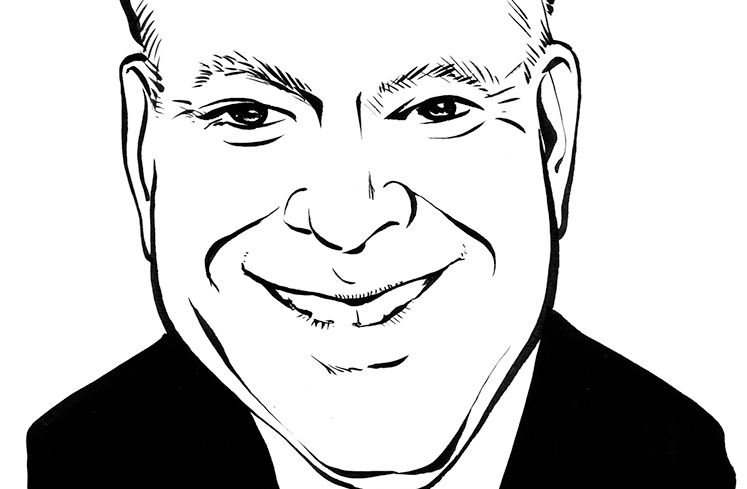Can a Legal Loan Become Illegal Just Because it has the Wrong Buyer?
By Joshua Stein May 5, 2016 10:33 am
reprints
Banks originate all kinds of loans and often sell them—sometimes to other banks, other times to other types of investors. Loan trading plays a huge role in real estate finance. It gives banks liquidity and an exit. Banks and other lenders often originate loans simply to sell them. They collect fee income from origination and move on to the next thing. It’s part of what they do.
As an apparently unrelated matter, many states have usury laws that set a maximum interest rate that any lender can charge. Under federal banking law, though, as long as a national bank complies with its home state’s usury law, no other state’s usury law matters.
Now consider this sequence of events. A Delaware bank makes a loan to a New York borrower. Delaware has a high maximum interest rate, and the loan complies with that limitation. But the interest rate on the loan exceeds New York’s maximum rate. The bank can still enforce the loan; it remains perfectly legal.
But what happens if the Delaware bank sells that loan to a private investor instead of a bank? One might think that because the loan was legal when closed, it remains legal when sold.
Not so fast! A recent federal appellate decision, Madden v. Midland Funding LLC, concluded that once the bank sells that loan to a non-bank, the purchaser loses the benefit of Delaware usury law. Instead, the loan potentially becomes subject to the usury law of New York, the borrower’s home state. So a loan that started out perfectly legal in the hands of the originator could suddenly become illegal and usurious because the buyer made the mistake of not being a bank. If New York usury law applies, then it invalidates the entire loan and allows the poor victimized borrower to recover twice the interest they paid.
This decision, which applies in New York and some nearby states, means that the nature and enforceability of a loan originated by a bank could change based on who owns it. If the originator bank sells it to a non-bank, then the loan changes its character and might become illegal.
This seems quite inconsistent with what business people and lawyers ordinarily expect: Once a loan closes, its terms and legal implications are set, subject only to later actions or inactions of the parties. The Madden decision means, in contrast, that a loan purchaser must figure out which state’s law will apply after the sale, and whether the loan remains legal under that law. For the Madden lender, New York courts might very well solve the problem by deciding to apply Delaware usury law. But no loan purchaser wants to go through this brain damage. These issues could chill any transaction where a bank originates a high-interest loan in reliance on its home state usury laws and then sells to a non-bank.
For example, suppose a bank simultaneously originates a mortgage loan and a higher-cost mezzanine loan and plans to sell the mezzanine loan to a fund with no usury exemption. That structure might no longer work. Ordinary A/B structures might face similar issues. If a bank wants to sell a portfolio of high-interest loans, someone must pick through them to identify and analyze any loans that might, through the sale, become illegal.
If a bank’s sale of a legal high-interest loan to a non-bank can make that loan illegal, then any sane non-bank investor will hesitate to buy this type of loan. Thus, even if it makes business sense—for example, because a private investor rather than another bank may be the best buyer for a “problem” loan—the bank may have trouble selling the loan except to another bank.
The preceding discussion probably just scratches the surface of how the Madden decision might disrupt trading of high-interest loans originated by banks. Robert J. Jackson Jr. and Colleen Honigsberg, researchers at Columbia Law School, say their preliminary research, not yet published, shows that some high-interest loans to New York borrowers have already started to trade at a higher discount.
The Supreme Court may decide to hear an appeal of the Madden decision. Industry organizations have tried to persuade the Supreme Court to do that and reverse Madden. It’s an uphill battle. One can hope that if the Supreme Court doesn’t do something about the Madden decision, Congress will.
Joshua Stein is the principal of Joshua Stein PLLC. He can be reached at joshua@joshuastein.com.



